pottery: June 2011 Archives
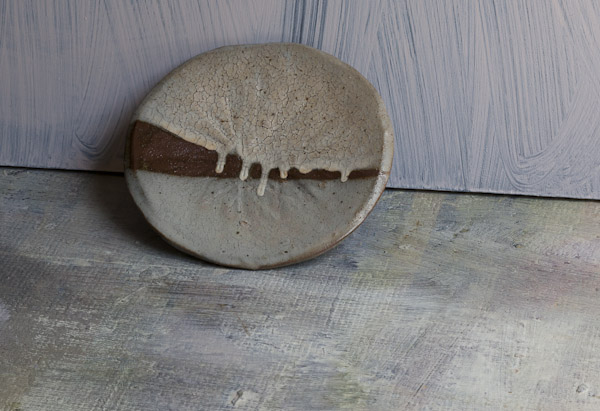
Each step is an arrival. Forget about past walking,
don't think about future walking. One step, another step.
No long ago, no now, no east or west. One step equals totality.
Fayan Wenyi
from Water Shining Beyond the Fields by John Brandi
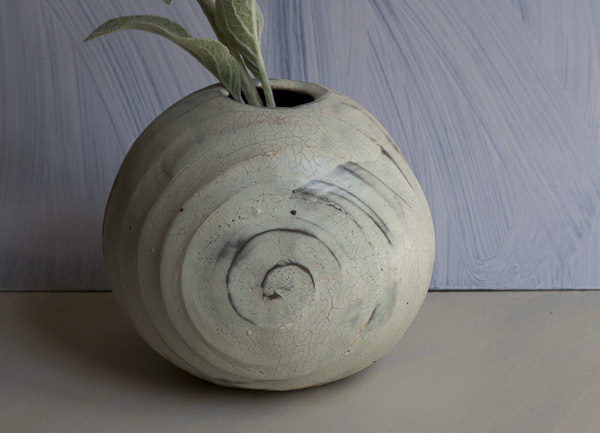
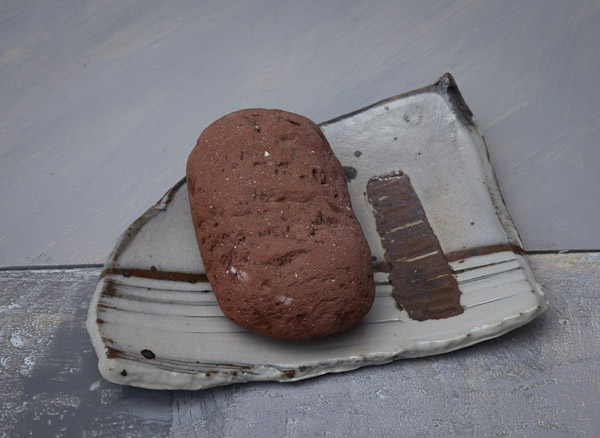
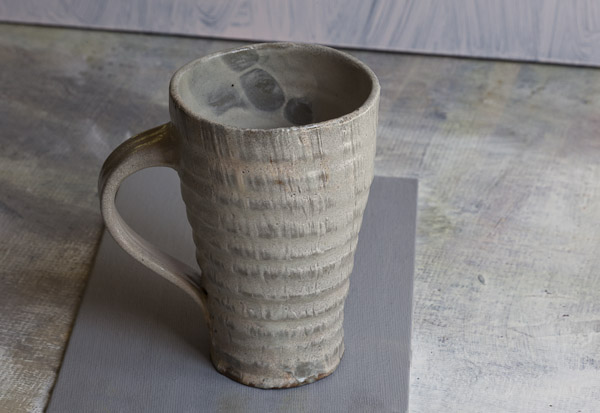 "It isn't what I think, it's what I see," Mr. Cunningham says. "I let the street speak to me. You've got to stay on the street and let the street tell you what it is."
"It isn't what I think, it's what I see," Mr. Cunningham says. "I let the street speak to me. You've got to stay on the street and let the street tell you what it is."the film trailer is here
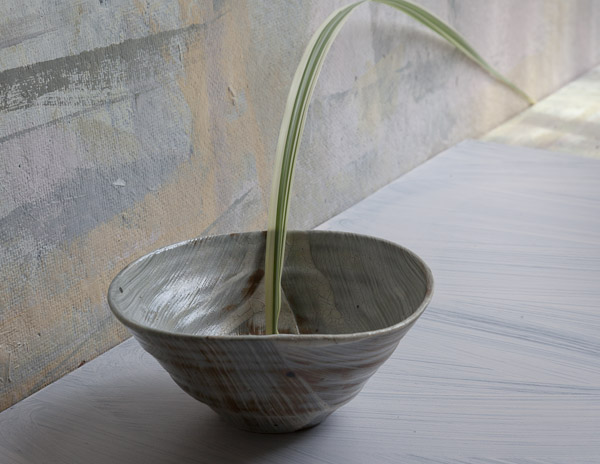 "After a while you learn...
"After a while you learn...
That even sunshine burns if you get too much.
So you plant your garden and decorate your own soul,
Instead of waiting for someone to bring you flowers."
From,"You Learn" by Jorge Luis Borges
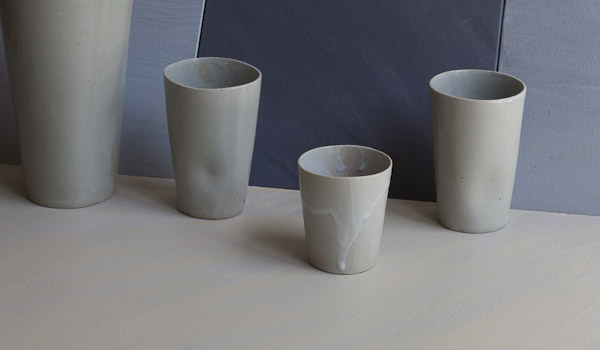 "We do not grow absolutely, chronologically. We
grow sometimes in one dimension, and not in another; unevenly. We
grow partially. We are relative. We are mature in one realm,
childish in another. The past, present, and future mingle and pull
us backward, forward, or fix us in the present. We are made up of
layers, cells, constellations."
"We do not grow absolutely, chronologically. We
grow sometimes in one dimension, and not in another; unevenly. We
grow partially. We are relative. We are mature in one realm,
childish in another. The past, present, and future mingle and pull
us backward, forward, or fix us in the present. We are made up of
layers, cells, constellations."-- Anais Nin
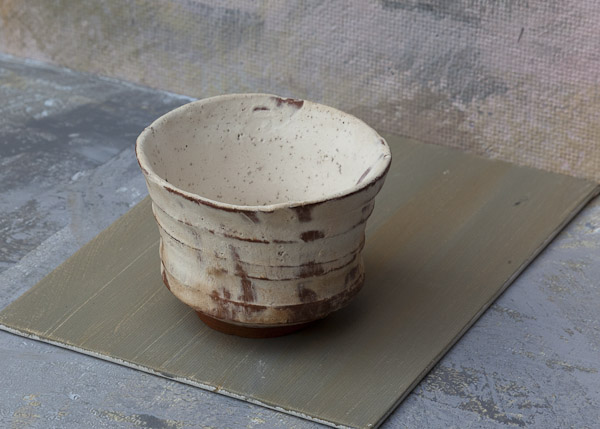 Nan-in, a Japanese master during the Meiji era (1868-1912), received a university professor who came to inquire about Zen. Nan-in served tea. He poured his visitor's cup full, and then kept on pouring. The professor watched the overflow until he no longer could restrain himself. "It is overfull. No more will go in!" "Like this cup," Nan-in said, "you are full of your own opinions and speculations. How can I show you Zen unless you first empty your cup?"
Nan-in, a Japanese master during the Meiji era (1868-1912), received a university professor who came to inquire about Zen. Nan-in served tea. He poured his visitor's cup full, and then kept on pouring. The professor watched the overflow until he no longer could restrain himself. "It is overfull. No more will go in!" "Like this cup," Nan-in said, "you are full of your own opinions and speculations. How can I show you Zen unless you first empty your cup?"
When we first moved to our property it was the rolling land of old pasture. Feeling very exposed we planted lots of trees. Now that they have grown up I have been on a mission to clear views and allow more light. When the leaves first come out in full my studio now feels too dark. And then when we have really hot days I love retreating to the cool of the shade. Now on a day like today when the the humidity blew off overnight, the light feels incredibly clear, the landscape seems a liquid green and the sky impossibly blue.
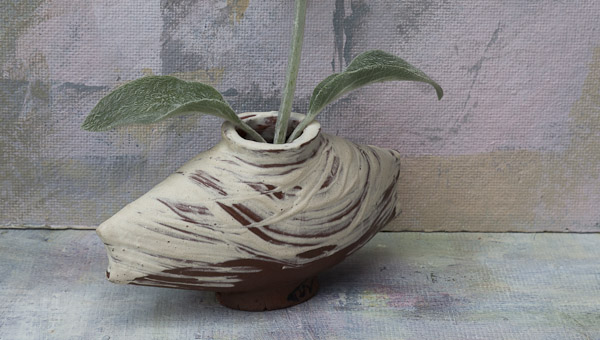
"The thing about green-- and maybe this is why
it is
notoriously difficult to use a lot of it in painting-- is that
its a
temporary color. Not in the technical sense that it is fugitive,
but on the metaphysical
sense that it is a visitor. Its liquid, undulating, mobile pushy." From I send you this cadmium red by John Berger and John Christie
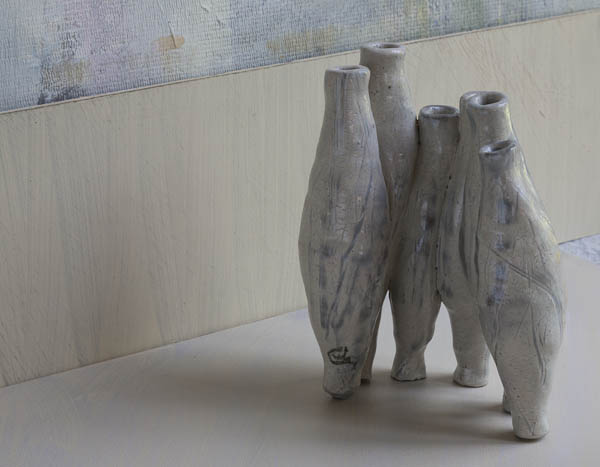 The Swimming Song by Kate and Anna McGarrigle has been stuck in my head all day:
The Swimming Song by Kate and Anna McGarrigle has been stuck in my head all day:This summer I went swimming
This summer I might have drowned
But I Held my breath, kicked my feet
And I moved my arms around,
Moved my arms around
This summer I did the backstroke
And you know that that's not all
I did the breaststroke, the butterfly
And the old Australian Crawl
The old Australian Crawl
This summer I swam in a public place
And a reservoir to boot
At the latter I was informal
At the former I wore my suit
I wore my swimming suit
This summer I did swan-dives
And jack-knifes for you all
And once when you weren't looking
I did a cannon-ball
Did a cannon-ball
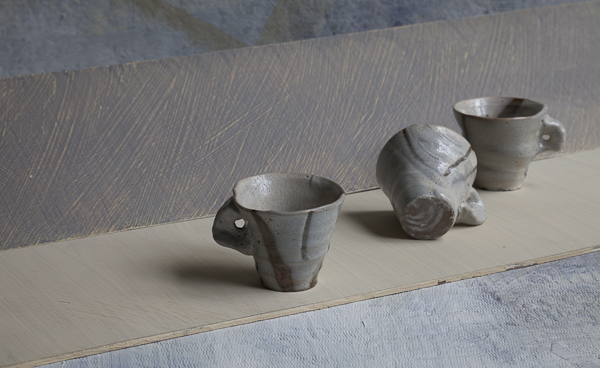 I posted a few of my sketches of cups on Italian tables here
I posted a few of my sketches of cups on Italian tables here"The traveler sees what he sees, the tourist sees what he has come to see." - G. K. Chesterton
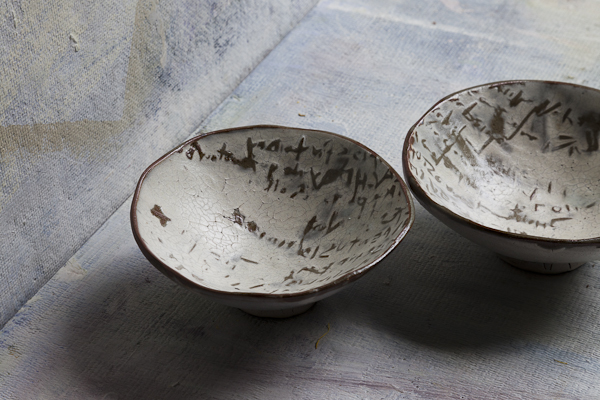 "If we had a keen vision and feeling of all ordinary human life,
"If we had a keen vision and feeling of all ordinary human life,it would be like hearing the grass grow and the squirrel's
heart beat, and we should die of that roar which lies
on the other side of silence." George Eliot
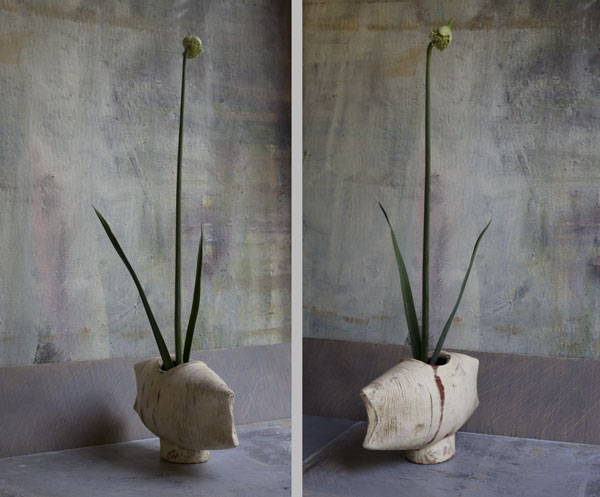 "Actually though, compression is the opposite of what I do: what
interests me is so remote and fine that I have to blow it way up
cartoonishly just to get it up to visible range. My technique is
something like using a hammer to drive a needle through silk" Poet, Kay Ryan
"Actually though, compression is the opposite of what I do: what
interests me is so remote and fine that I have to blow it way up
cartoonishly just to get it up to visible range. My technique is
something like using a hammer to drive a needle through silk" Poet, Kay Ryan 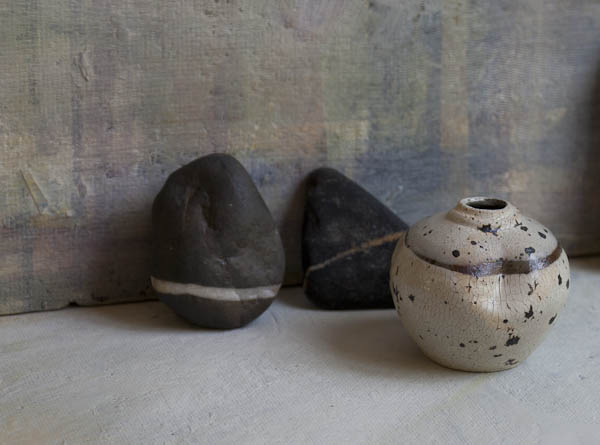
Although the poet Kay Ryan says she likes to "squeeze things until they explode," she insists "there's a sense of air and ease in even the smallest of my poems." from an interview in the Paris Review
This evenings dog walk ran along the edge of the pond. As work in the studio reaches out into the edges of unknown quantities and new experiments my feet reach for the known paths and permeable views.
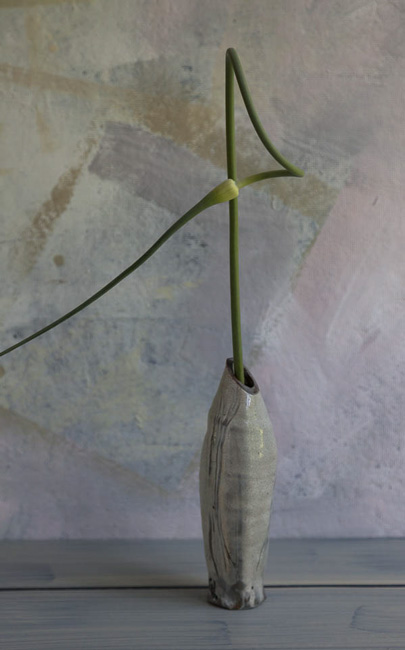
"Edges are the most powerful parts of the poem. The more edges you have the more power you have. They make the poem more permeable, more exposed." Kay Ryan, from an interview in the Paris Review
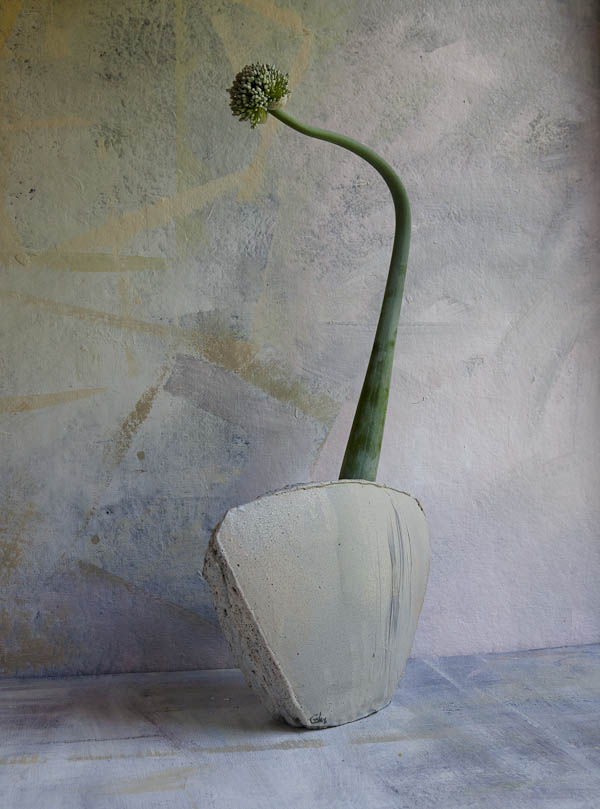
"What is a weed? A plant whose virtues have never been discovered."
Ralph Waldo Emerson
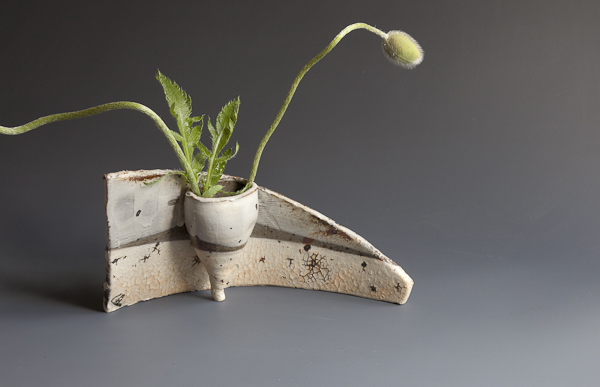
"The moment one gives close attention to anything, even a blade of grass, it becomes a mysterious, awesome, indescribably magnificent world
in itself." - Henry Miller
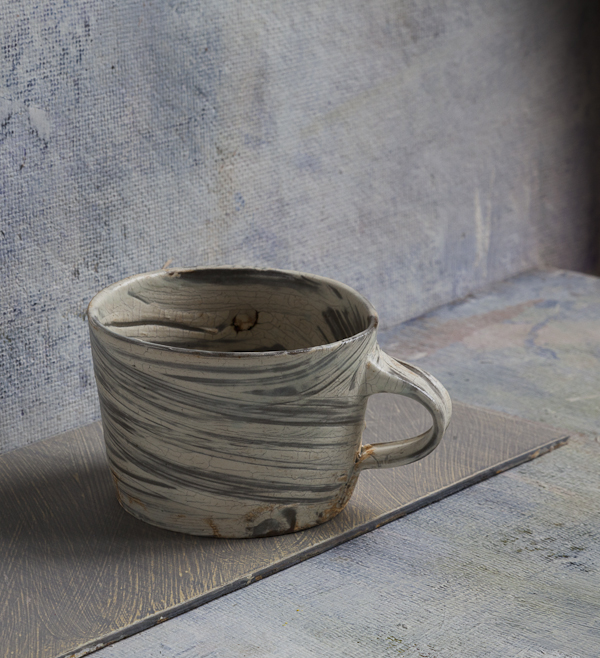
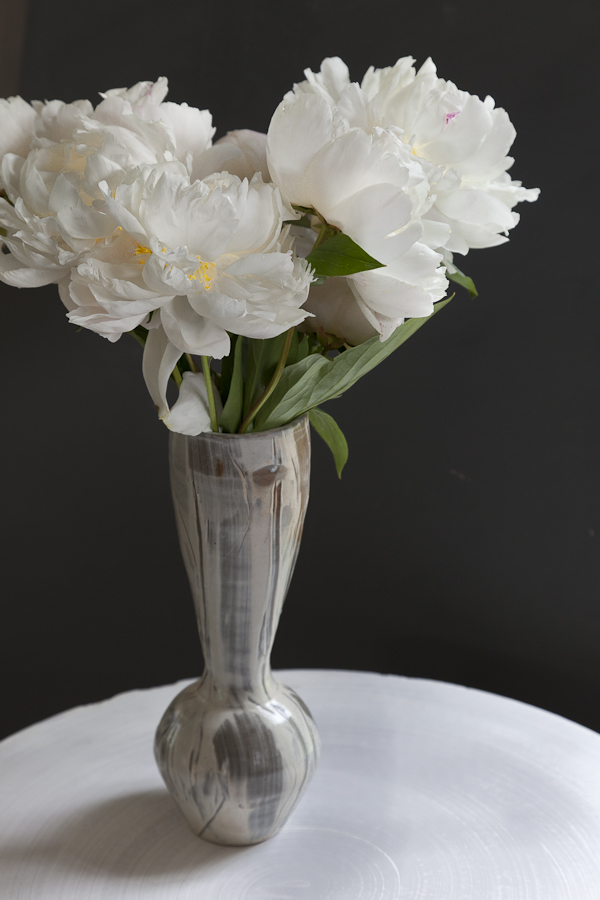










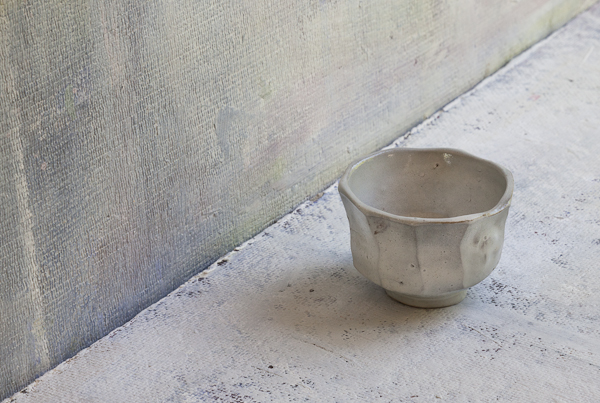 If we live truly, we shall see truly. - Ralph Waldo Emerson
If we live truly, we shall see truly. - Ralph Waldo Emerson 

